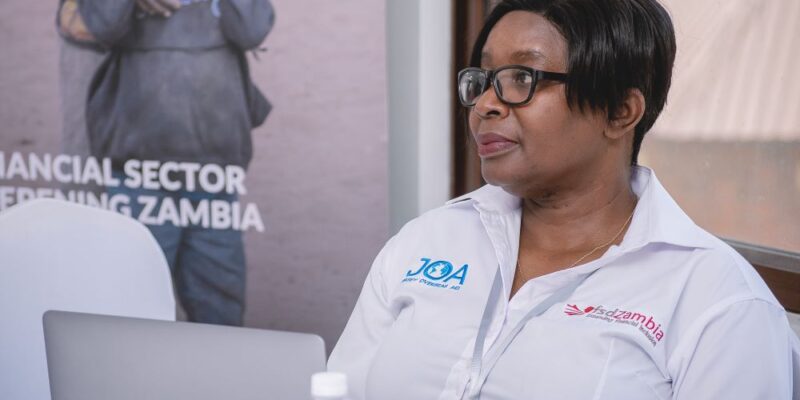A study done by the Financial Sector Deepening (FSD) Zambia has revealed that husbands and wives are willing to sacrifice 18 percent of the household level income to maintain individual control over income.
The study has however indicated that wives sacrifice even more for the same cause if they can do it in secret.
This came to light on Tuesday in Lusaka at the results dissemination meeting for the gender and social norms study by FSD Zambia.
The study generate insights into the normative environment within which spouses in Eastern province make decisions about money holding and saving.
One of the authors of the report, Abigail Barr, said FSDZ undertook a research project in which it engaged 352 married couples across 22 villages in a series of specially designed decision making tasks involving real money and a short survey.
“These findings indicates that when spouses face decisions involving trade-offs between what is best for the household and what is best for themselves as individuals, disagreement between spouses about who should do what loom large and are associated with self-serving behaviour.
“Within this context, financial services that are attractive to individuals may not be viewed as beneficial by their spouses. One consequence of this is that individuals, especially wives, who use such services secretly may experience a backlash from their husbands if discovered,” Barr said.
Read more: Bank of Zambia, Health Ministry lead initiative for financial inclusion in rural areas
She said this is concerning given the expectation in many households that wives were responsible for household food and water, emergencies and child education costs which result in them having challenges meeting these needs.
Barr said it was also concerning given the strong indications showed by the data that wives want more financial decision-making autonomy but in many cases are fearful about expressing and acting on this preference.
“If we are to avoid potentially harmful outcomes to families and particularly to women, we need to apply great care when designing new financial services and interventions,” she said.
At the same function, FSD Zambia Chief Executive Officer, Engwase Mwale emphasised the need to address the gender disparities and work towards bigger financial inclusion for all.
Mwale said this meant challenging social norms and cultural beliefs that held women back and limit their access to financial services.
She said this is primarily important because gender and social norms shaped economic opportunities.
“We must ensure that women have equal access to financial education and relevant financial training and management towards enhanced financial literacy. We also need to work with financial institutions to develop gender responsive financial products and services,” Mwale said.
She also said it was imperative that women were empowered to take control of their financial future.
On the findings of the study, Mwale said they could contribute to enhancing technical knowledge base on gender and attract new partnerships for civil society organisations, donors and academia.
WARNING! All rights reserved. This material, and other digital content on this website, may not be reproduced, published, broadcast, rewritten or redistributed in whole or in part without prior express permission from ZAMBIA MONITOR.












Comments